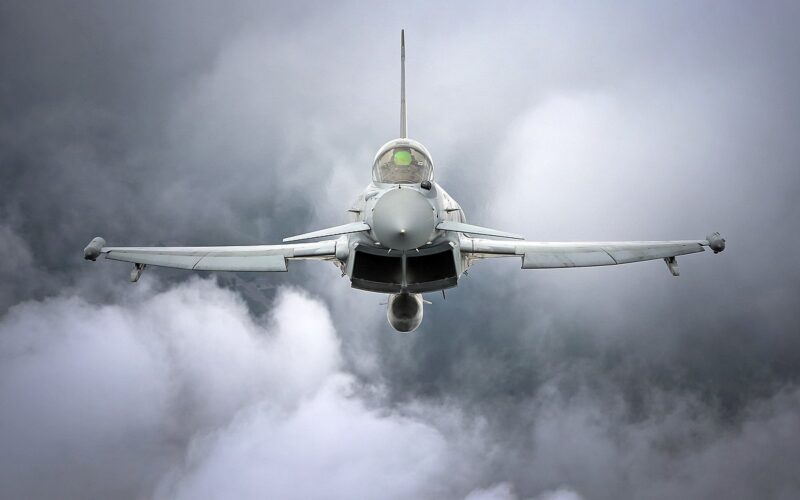Airbus and Boeing might consider withdrawing from the tender launched by Canada for new fighter jets. Both manufacturers allegedly believe that the process has been rigged in favor of Lockheed Martin.
Sources in the industry quoted by Reuters said that in recent weeks Boeing, Airbus, and Saab, three competitors in the Canadian tender, have officially complained about the way in which the tender seems to favor the fourth candidate, Lockheed Martin.
In 2015, one of the campaign promises of the current Prime Minister Justin Trudeau was to reduce the procurement budget to replace Canada’s aging fleet of F-18s, which would mean not purchasing the F-35. Instead, the country would acquire “one of the many, lower-priced options that better match Canada’s defense needs”.
Given this favorable context, Dassault Aviation had initially decided to also be in the run. However, in November 2018, the French manufacturer withdrew its candidacy. CEO Eric Trappier explained the decision in a hearing with the French parliament, on May 22, 2019:
“It is impossible to sell the Rafale to the Five Eyes member countries, not because it is not interoperable […] but because this network has set rules that they refuse to communicate to us and that aim to have their members work together. Moreover with Canada comes the question of the North American Aerospace Defense Command, NORAD. […] Dassault’s position was taken by France which, in consultation with the company, felt that given this constraint, we could not commit ourselves”.
“Five Eyes” is an alliance formed during the Second World War that brings together intelligence services from the United States, the United Kingdom, Canada, Australia, and New Zealand. As for NORAD, it is a bi-national organization in charge of defending the airspaces of the United States of America and Canada.
Those two elements brought up by Eric Trappier would explain the choice of Canada to exclude the Rafale, as well as the Gripen from Saab.
Recent concessions from the Canadian government suggest that it may be willing to put aside Boeing and its F-18 Super Hornet and the Eurofighter Typhoon offered by Airbus.
When the tender opened in 2010, Washington was facing a major obstacle. According to Canadian law on defense procurement, a foreign company must promise to invest the equivalent of the value of a contract into local businesses to strengthen the Canadian industry.
This, however, directly contradicted the rules of the Joint Strike Fighter consortium, which forbids partner countries from requiring economic benefits as a prerequisite for the purchase of the aircraft. Canada is indeed one of nine JSF program partner countries.
But the situation has changed quite a bit since then. Under the pressure of the United States, which threatened not to enter the tender, Ottawa agreed to drop its conditions.
In the meantime, Lockheed Martin claims to have reduced the price per unit for the F-35 by 60% from $200 million in 2007, when production started, to below $80 million by the end of the year, thus satisfying the electoral promises of Justin Trudeau.
Despite the protests of other manufacturers, the Canadian government denies any preferential treatment for Lockheed. Pat Finn, Assistant Deputy Minister in charge of procurement at the Canadian Defence Ministry, said changes were also made to the requirements at the request of Boeing, Airbus, and Saab.
In 2016, Boeing had voiced a similar objection when the Danish Ministry of Defense picked the Lockheed F-35 over the F-18 Super Hornet. The manufacturer even sued the Danish Ministry of Defense after it decided not to disclose the evaluation files regarding its choice. Boeing claimed it wanted “a better understanding of the evaluation process, in which [they] believe the Ministry made a number of critical errors and omissions in its evaluation”. But on March 23, 2018, the court of Copenhagen released its verdict: the refusal was legal.

